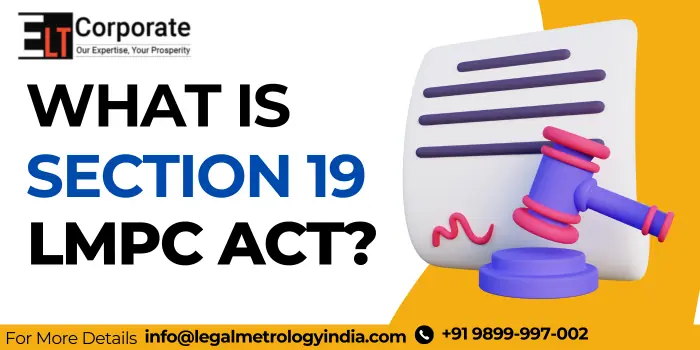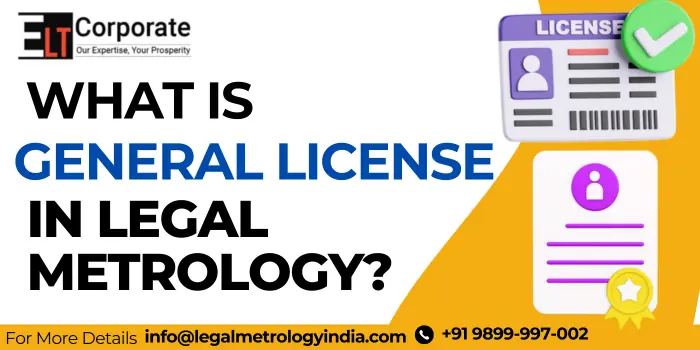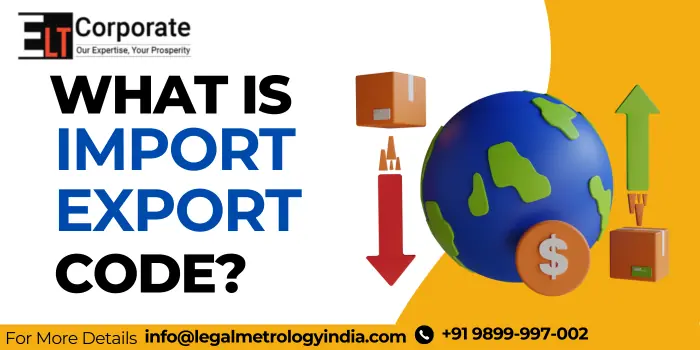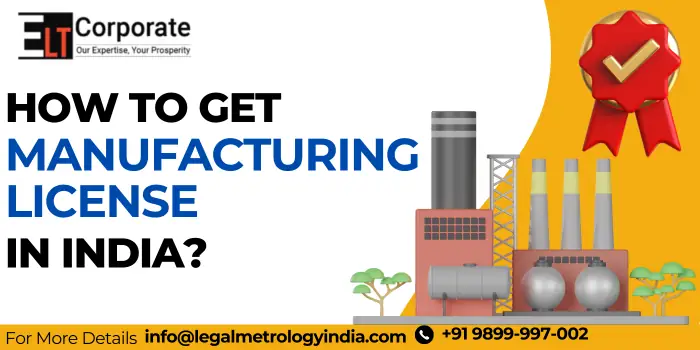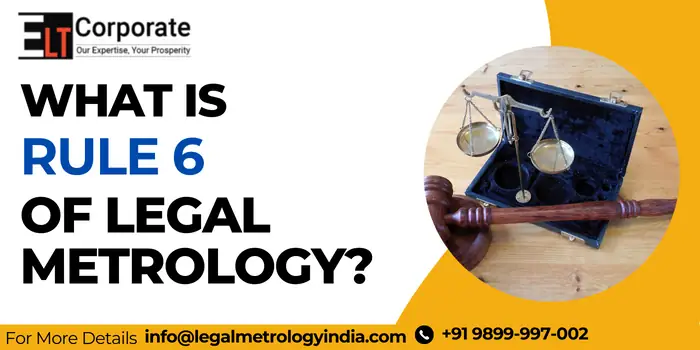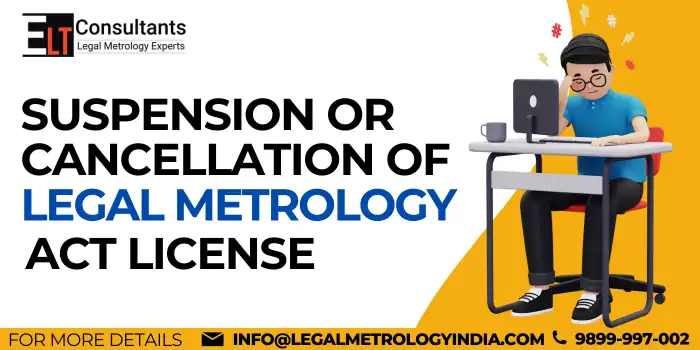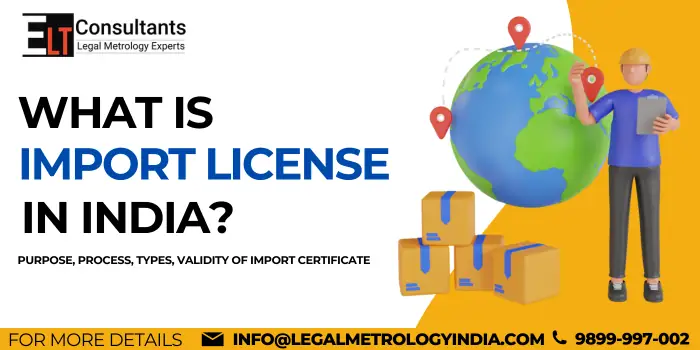Legal Metrology Consultancy In Chennai
If are you looking for a legal metrology consultancy in Chennai for the regulation of pre-packaged goods, then you are on the right platform. Here, you will get free consultancy if you are willing to import or manufacture pre-packaged goods. Our experts will help you to make complicated tasks easier. You only have to call us once, and we will find answers to all the queries you are facing. So, please Hurry up and get in touch with us through phone call or email. Affordable Legal Metrology Certificate Consultancy in Chennai When you search for a Legal Metrology Consultancy In Chennai, then you will find many companies. But funding the best and most affordable is one of the most tricky tasks for all. So here, your research is over. ELT Corporate one of the leading legal metrology consultancy in Chennai, is offering reasonable services. You can connect with the experts for any queries. If you want to apply for the LMPC certificate for any other one, then you can apply for it through our experts. They will apply on your behalf and make your toughest task easier. Benefits Of Legal Metrology Consultancy in Chennai If you are thinking why you should go with the legal metrology consultancy Chennai, here comes the answer. The consultant will help you solve all your necessary questions, and if you want, they will apply on your behalf. So, you do not need to worry about your application process. The team will coordinate with the inspector and get your work done in the meantime. The team aims to fulfil all your needs and get work done effectively. ELT Corporate Legal Metrology Services ELT Corporate If you connect with the team, then you will get to know that we specialize in multiple services that you are looking for for your regulatory goods. The services we provide are:- LMPC Certificate For the regulatory of packaged goods, you have to apply for the LMPC Certificate. A legal Metrology Packaged Commodities Certificate is mandatory for the regulation of packaged goods. If you regulate products without this license, then your product must be seized. So, to avoid this you can book your appointment for LMPC Free consultancy In Chennai. LMPC Importer License Our professionals will help you with the application for an LMPC Importer License in India. They will work on your behalf and apply for an LMPC Importer license if you have any queries related to the licensing, then you are free to ask our professionals. The importer license is mandatory to import pre-packaged goods in India. LMPC Manufacturer Packer License For all the manufacturers or packers of pre-packaged commodities, let us inform you that an LMPC certificate is mandatory for you also because it shows that you are working according to the rules of legal standards. This will help to build the trust of customers in your services. So, if you don’t know how to obtain this license, then our professionals are ready to help you. They will assist you in applying for the license at a budget cost. Notice Of Legal Metrology Certificate If you receive any notice from the regulatory authorities of legal metrology, then no need to worry about that. You can resolve this issue in just a few days with the help of the ELT corporate experts. They will guide you and reply to the authorities on your behalf. You only have to discuss your issues with us and we are ready to resolve the issues. Model Approval Are the model approval services you can connect with the ELT corporate expert team? They will connect with you, and without any hindrance, they will get your work done in a short period. When you consult they will figure out the issues and work as per your work requirement. Director Nomination ELT Corporate provides director nomination services at a budget cost of 100% approval. We will assist you in applying for the director nomination and consult you on how you can do it. If you want, then we will do this on your behalf. Why Choose ELT Corporate As a legal Metrology Consultant In Chennai? If you are choosing ELT corporate as a legal metrology consultant in Chennai, then you are going to have multiple benefits. You will get:-


